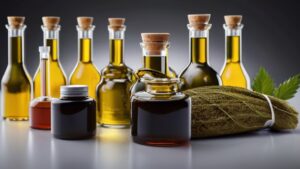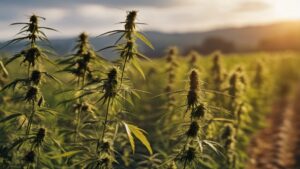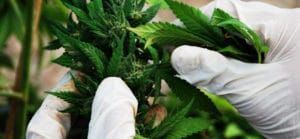The Hemp Bottle- Hemp Bioplastics
The hemp bottle is the future of sustainability. Some of the earliest plastics were made from cellulose fibers obtained from organic, non-petroleum-based sources. Plastic bottles make up a large amount of our landfill waste. A biodegradable hemp plastic solution such as hemp bottles could help us to reduce this burden.
Hemp cellulose can be extracted and used to make cellophane, rayon, celluloid and a range of related plastics. Hemp is known to contain around 65-70% cellulose, and is considered a good source (wood contains around 40%, flax 65-75%, and cotton up to 90%) that has particular promise due to its relative sustainability and low environmental impact.
While 100% hemp-based plastic is still a rarity, some “composite bioplastics” — plastics made from a combination of hemp and other plant sources — are already in use. Thanks to their high strength and rigidity, these plastics are currently used in the construction of cars, boats, and even musical instruments.
Many plastic products are made from polymer resins, including polyethylene terephthalate, or PET, found in everyday products like plastic bottles. While advocates hope to someday see 100% hemp-based plastic bottles on supermarket shelves, the technology just isn’t ready for prime time.
Companies like Coca-Cola have experimented with 100% plant-based bottles, but commercially available products are made from no more than 30% plant-based materials, while the remainder is made from traditional fossil fuel sources.
The good news is that many corporations are investing heavily in researching replacements to traditional PET. It’s likely the first company to produce a viable commercial product could stand to earn millions.
Unfortunately, even plastic that’s deliberately designed to be biodegradable can still be a source of pollution. Almost nothing biodegrades in a landfill, and hemp microplastics could still cause problems when introduced to the oceans. Biodegradable plastics need to be sent to commercial composting facilities for efficient disposal, and these facilities aren’t available to everyone. In addition to creating better alternatives to plastic, we’ll still need to create more responsible attitudes toward disposable products.







